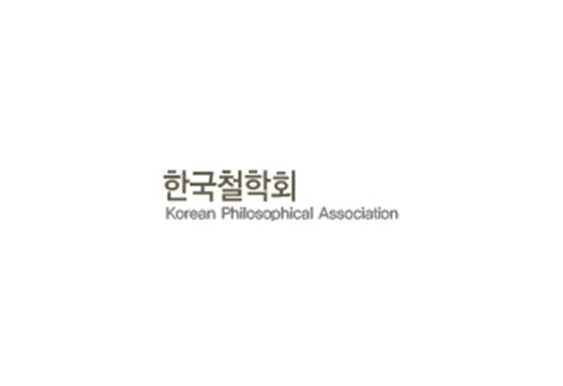예술의 위기, 위기의 예술 – 크리스토프 멘케의 예술의 주권성(Souveranitat der Kunst)에서 근대성에 대한 예술의 구성적 기능에 대한 비판적 고찰 –
Crisis of Art, Art for Crisis – A Critical Reflection on the Constitutive Function of Art for Modernity in Christoph Menke’s Souveranitat der Kunst –
정대훈
부산대학교
철학
2024, vol., no.160, pp. 231-255 (25 pages)
10.18694/KJP.2024.8.160.231
한국철학회
초록
본고는 크리스토프 멘케가 예술의 주권성(Souveranitat der Kunst)에서 개진한, ‘근대의 철학적 담론’ 안에서 예술의 위상에 대한 논의를 소개하고 비판적으로 검토하는 것을 목적으로 한다. 멘케는 아도르노의 미적 이론(Asthetische Theorie)에 대한 재구성을 기반으로 근대 예술이 이성의 가치분화(진・선・미) 속에서 자율성과 주권성을 동시에 향유하는 데에서 근대성에 구성적인 “위기”를 불러일으킨다고 주장한다. 데리다의 해체론적 기호이론을 통해 재구성된 아도르노의 심미적 부정성 개념은 자동화된 인식에 대한 반성적 경험의 기회를 제공함으로써 제 가치의 타당성 영역을 침범하지 않으면서도(자율성), 도처에서 인식적 담론의 와해 가능성을 현시한다(주권성). 그런데, 필자가 보기에, 멘케의 입론은 여전히 칸트-베버-하버마스의 노선에 충실하게 근대적 이성의 자율적 가치분화라는 공리를 따르고 있다는 점, ‘총체적으로 관리되는 사회’의 입론에 입각하여 예술의 사회비판적 기능을 제시하는 아도르노의 관점을 약화시키고 있다는 점에서 충분하지 못하다. 아도르노 미학에 따르면 예술은 총체화된 사회 속에서 위기에 처해 있지만 동시에 위기의 예술로서 사회에 저항한다.
The purpose of this paper is to critically examine Christoph Menke’s discussion of the place of art in the ‘philosophical discourse of modernity’, as outlined in Souveranitat der Kunst. Based on a reconstruction of Adorno’s Aesthetic Theory, Menke argues that modern art represents a constitutive “crisis” for modernity through its autonomy and sovereignty in their simultaneity within the division of values of reason (truth, goodness, beauty). Adorno’s notion of aesthetic negativity, reconstructed through Derrida’s deconstructive theory of the sign, offers the possibility of a reflective experience of automated cognition processes that does not invade the other areas of the validity (autonomy), while at the same time manifesting the potential for the disruption of epistemic discourse everywhere (sovereignty). In my opinion, however, Menke’s position is insufficient in that it still follows the axiom of the autonomous differentiation of values of modern reason, faithful to the Kantian-Weberian-Habermasian line, and undermines Adorno’s view of the socially critical function of art based on the position of a ‘totally administrated society’. According to Adorno’s aesthetics, art is in crisis in a totalized society, but at the same time it resists society as an art of crisis.

